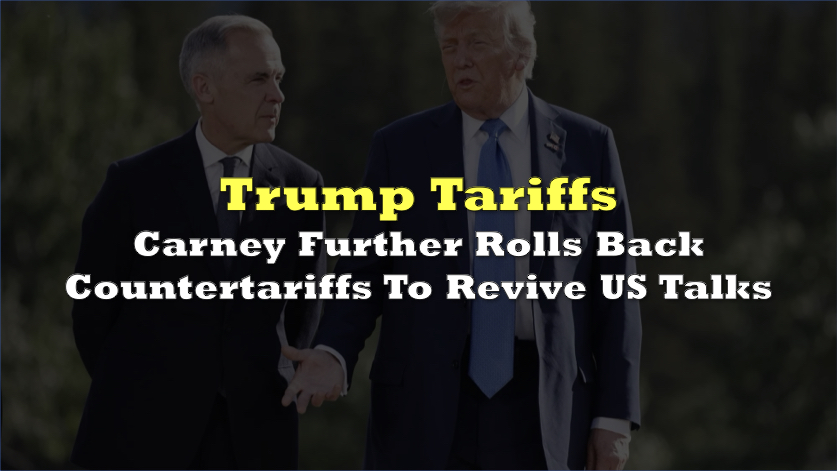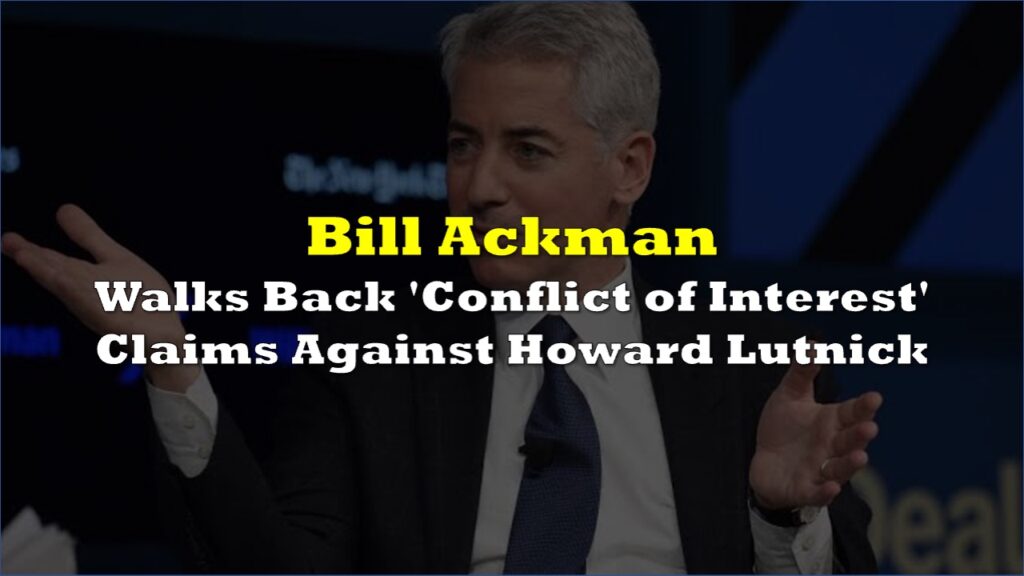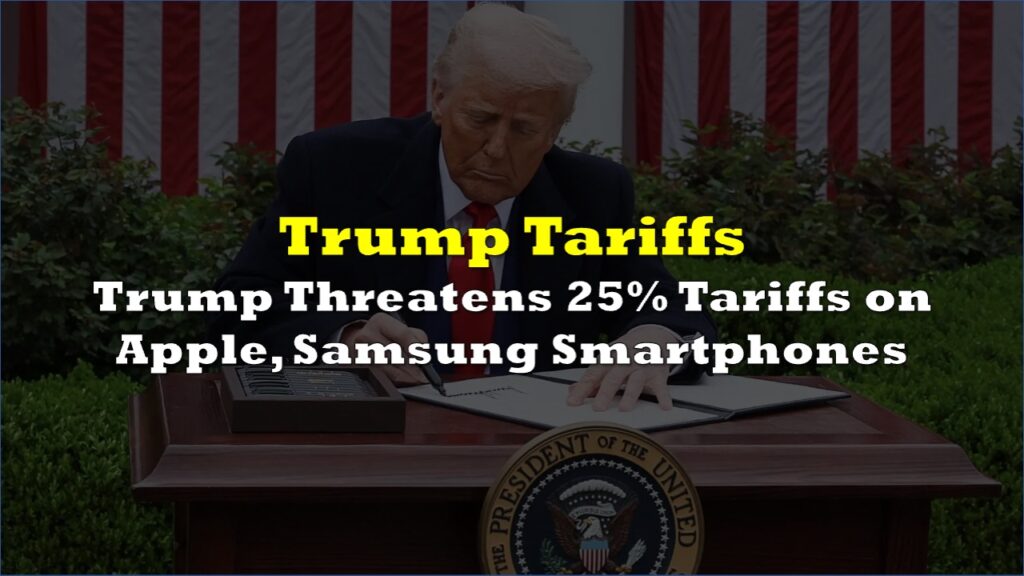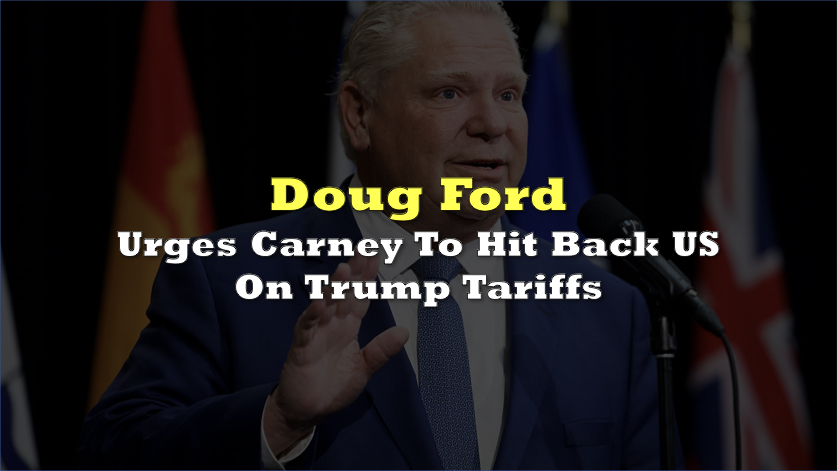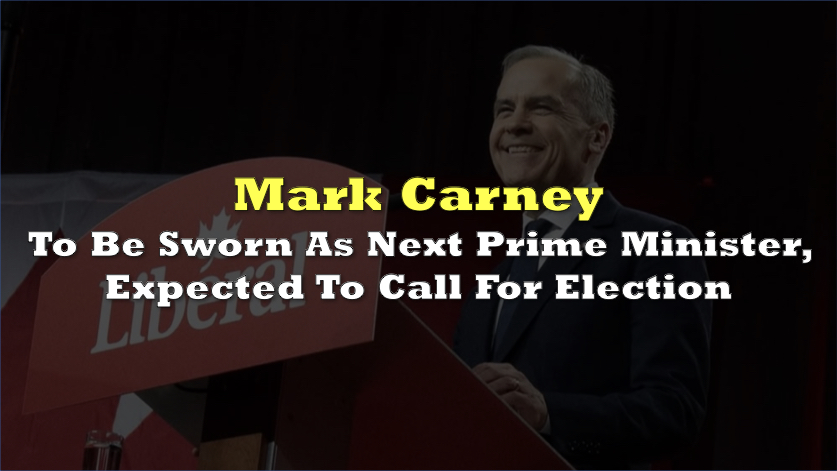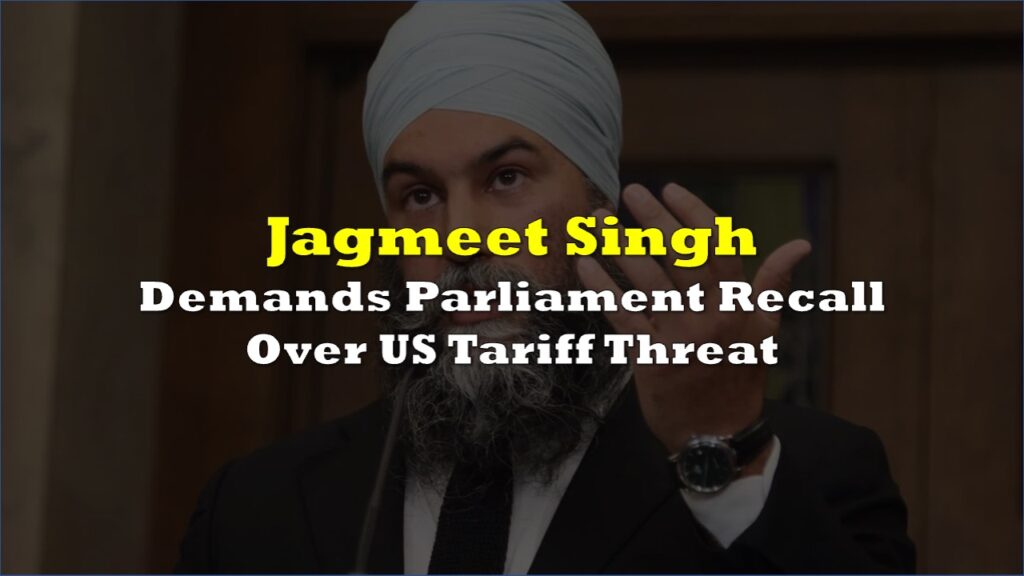Prime Minister Mark Carney rolled back countertariffs on US goods more broadly than he announced, removing levies on all US imports except steel, aluminum, and automobiles at the end of August, shrinking a retaliatory regime that earlier covered nearly $100 billion of products.
In late August, Carney said Ottawa would exempt only US goods “specifically covered” by the USMCA, framing the move as a goodwill mirror of President Donald Trump’s policy in which Canadian products meeting USMCA rules of origin avoid a 35% across-the-board tariff. Government implementation documents published at month-end instead removed tariffs across the board for US goods, with the three sectors carved out as the remaining exceptions.
The Finance Department framed the change as a tactical step toward a broader settlement and the coming CUSMA renewal.
“Ottawa’s pursuit of a deal with the Trump administration has required providing and adapting varying trade mechanisms to better support Canadians in response to shifting trade patterns,” John Fragos, press secretary for Finance Minister François-Philippe Champagne, said in an e-mail. “Canada took these steps to advance negotiations, provide stability to key sectors, and safeguard our strong trading position as we continue to pursue a good deal and look toward CUSMA renewal next year.”
Conservative Leader Pierre Poilievre criticized the gap between the statement and the implementation, calling it “another elbows-down lie.”
Another elbows-down lie. https://t.co/HWbm86dFDh
— Pierre Poilievre (@PierrePoilievre) September 25, 2025
Trade lawyers say the practical impact of the discrepancy is limited. William Pellerin, partner at McMillan LLP, estimated that roughly 90% of US goods entering Canada would have qualified as USMCA-compliant in any case.
“Let’s say 10% of the goods might never have qualified and remained subject to the 25% tariff that we imposed as our countertariff,” Pellerin said. Any tariff revenue from that “probably would have been dwarfed by the compliance costs on industry and on government.”
Others question the policy logic of mirroring the US exemption framework, with University of Ottawa trade professor Wolfgang Alschner highlighting the move making “little sense” because Canada “doesn’t have the capabilities to really enforce it anyway.”
Canada—one of only two countries alongside China to retaliate against this year’s US tariffs—had imposed three rounds of countermeasures in March and April that cumulatively covered nearly $100 billion of US goods. Ottawa subsequently watered down those measures, granting carveouts for US inputs used in Canadian manufacturing and exemptions for US auto companies that continue to make vehicles in Canada.
Information for this story was found via The Globe And Mail and the sources mentioned. The author has no securities or affiliations related to the organizations discussed. Not a recommendation to buy or sell. Always do additional research and consult a professional before purchasing a security. The author holds no licenses.

